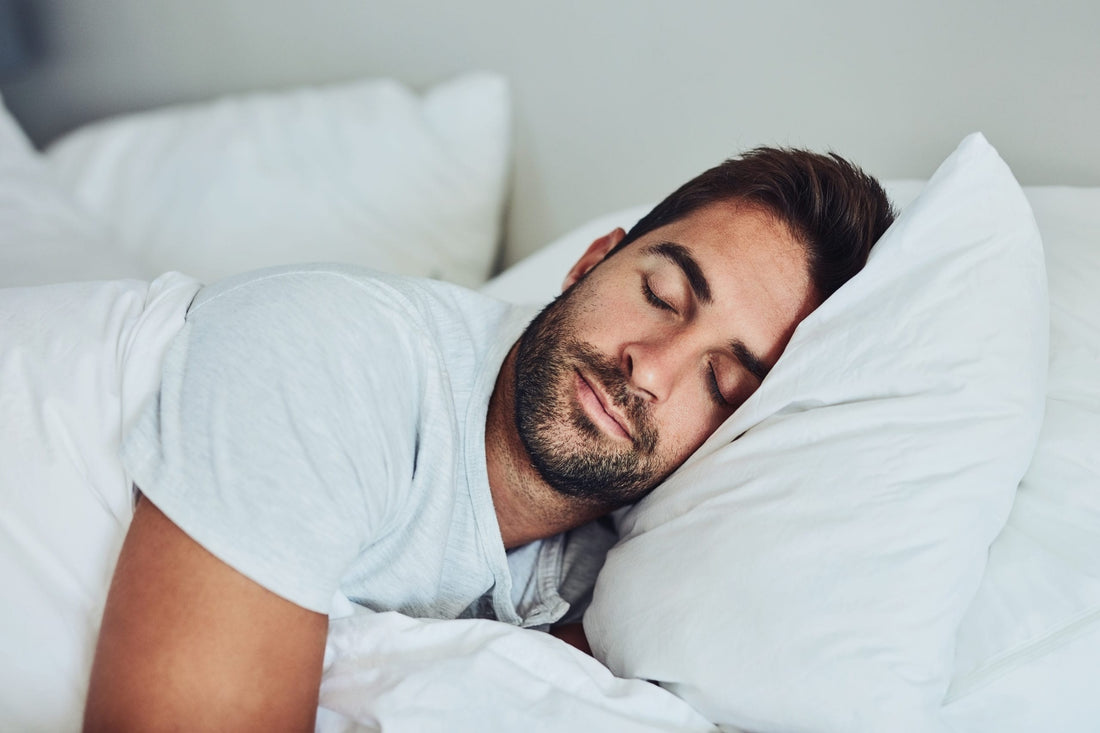What time do you go to sleep every night?
Not the same time every night? Me either. I usually go to sleep somewhere between 10 and midnight and getting up between 5 and 6 leaving me groggy some days and dependant on coffee to get me going every day. Fret not, there is light at the end of this exhausted tunnel.
UK researchers in the November 2021 issue of the European Heart Journal-Digital Health published sleep data spanning nearly 6 years from over 88,000 participants. When sorting the data for patterns, researchers found that participants who went to bed between 10 and 10:59 (dubbed the "Golden Hour" of sleep) had the lowest cases of cardiovascular disease. Conversely, those who went to bed after midnight had the highest incidents.
Disruption of the circadian rhythm is to blame, our internal clock set biologically based on day and night cycles. It would seem to be that evolution has not caught up to our need for screen time and late night binging. Maintaining this cycle is crucial in your body's ability to predictably create, flush, and process chemicals to include melatonin production. The American Chemical Society has a great read if you want to get into the details.
Night and non-traditional day shift work appears to be guilty as well as shown in a 2017 study in the Scandinavian Journal of Work Environment & Health found that female nurses who have spent many years working the night shift have a significantly higher risk of developing cardiovascular disease, along with other life-threatening medical conditions as stated on Sleep.com. Inconsistency with biologic function is not something we can simply normalize without consequence.
Researchers were quick to point out that correlation does not mean causation to avoid sweeping generalizations as the study was not representative of society as a whole for a variety of factors to include income bracket, race, and age. The Golden Hour of sleep is also not a hard and fast rule, consistency is key.
That being said there is an strong consensus as to normalizing sleep routines among sleep specialists. Predictable times and behavior to signal to your body that its "go time" to allow for body to start melatonin production. Whether that's an evening cup of tea while watching your favorite show or a book in bed, make a game plan and stick to it. The FOMO (fear of missing out) of starting one more episode can impact more than your readiness for tomorrow. Do your brain and heart a favor and stick to the routine. Now I am off to develop mine.
Travis
An interesting point of note, I also work in another Golden Hour in trauma medicine. I am developing a modular blood banking platform which caters blood and blood component delivery for prehospital blood transfusions. Take a look at www.desertvalleytech.com if you are interested.

